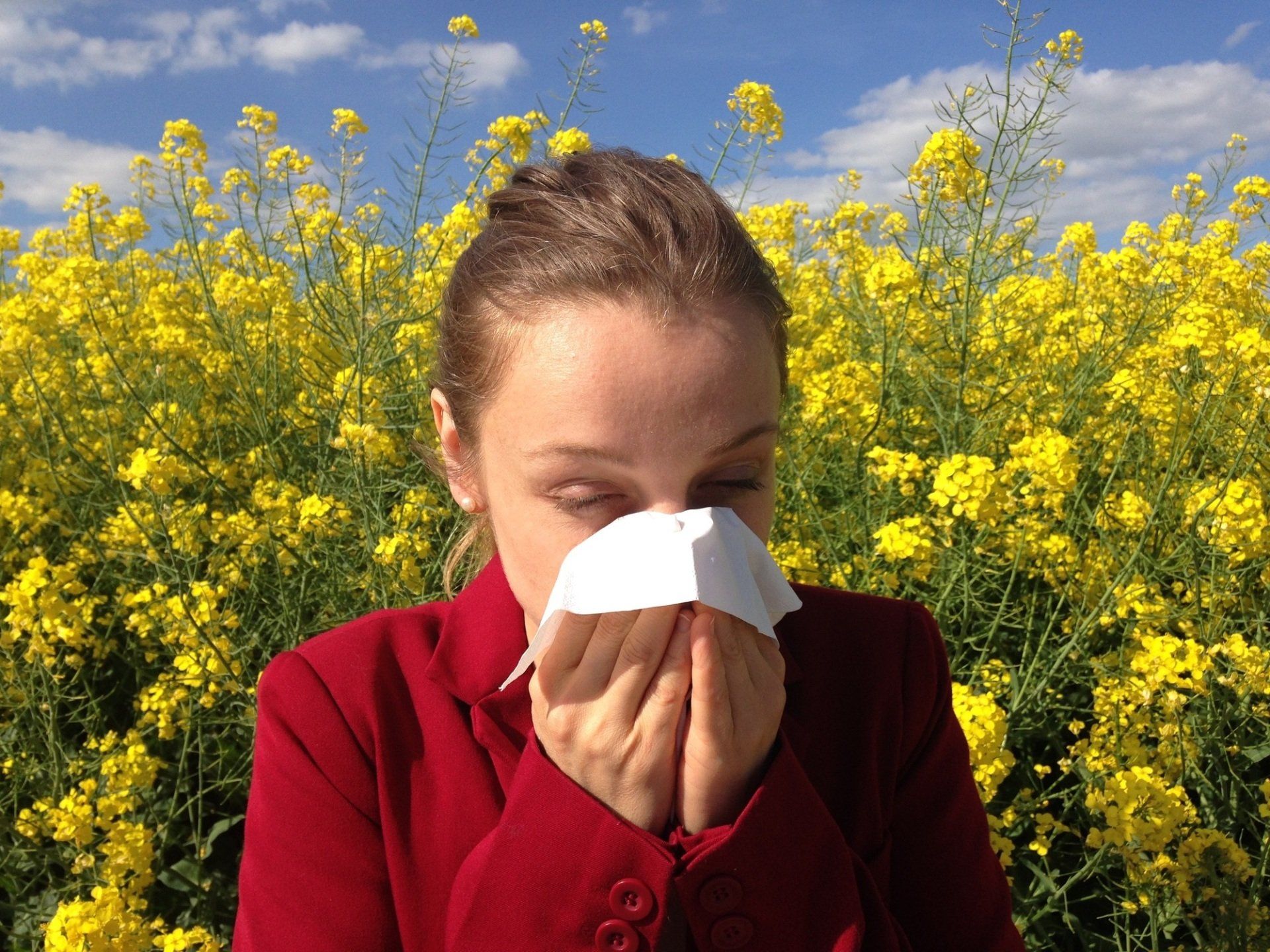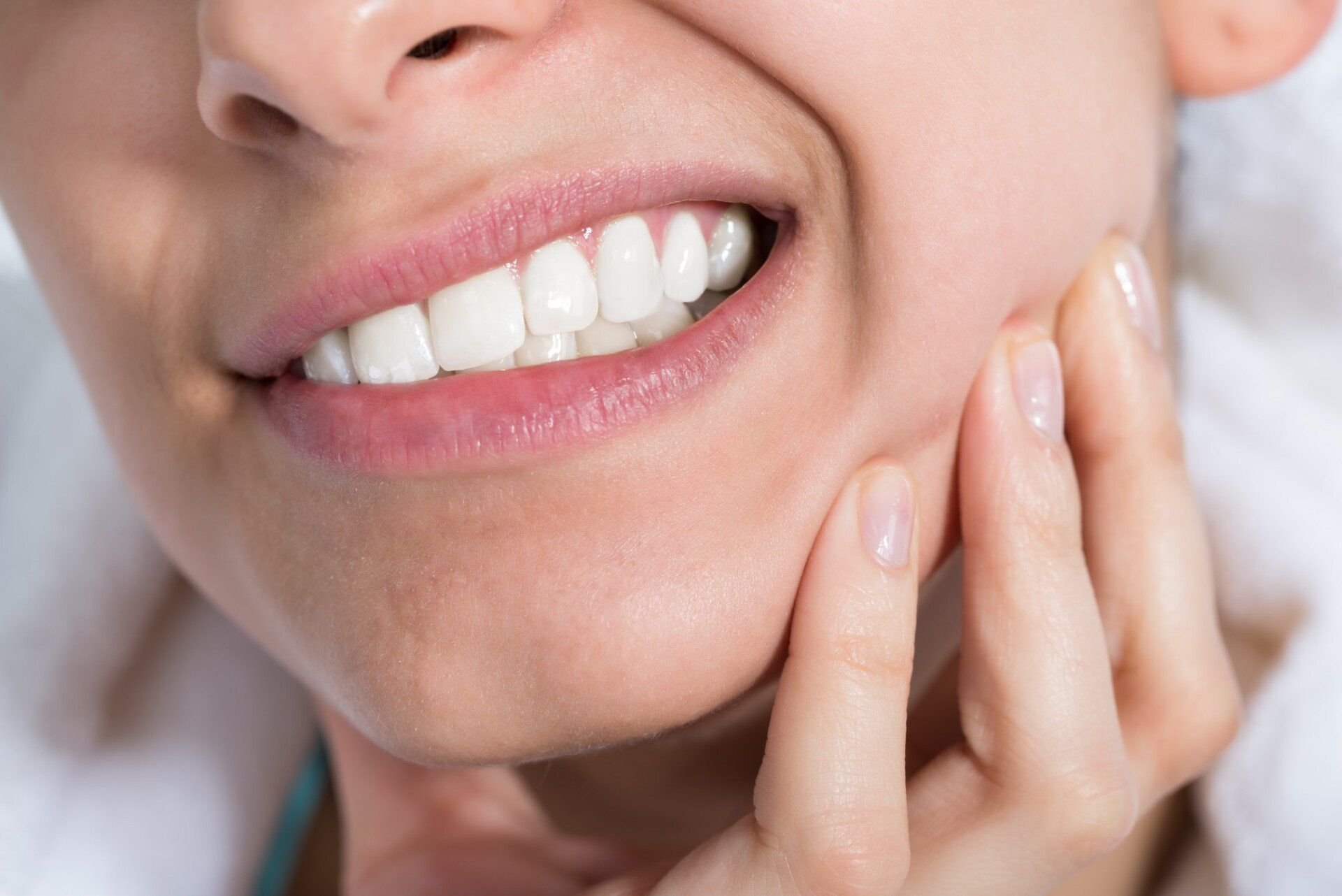How Your Sleep Quality Can Benefit From Sunlight
October 16, 2019
If you are one of the many people that have trouble sleeping, the solution might be in a place you did not expect, the morning sun. Morning sunlight, how much, and when you get it, actually has a significant impact on your sleep quality.
In fact, the first hour in the morning can make or break whether you sleep soundly at the end of the day. For a good night's sleep, you should decrease your light exposure in the evening. However, in the morning you want to aim to do the opposite and ensure you get into a brightly lit environment.
4 Tips For Getting More Light Exposure
- Be exposed to bright sunlight in the morning. It is recommended that you expose yourself to sunlight shortly after waking. For example, enjoy your coffee outside, or eat breakfast by a sunny window. The natural light on your face will help you wake up.
- Allow as much natural light into your home or workspace as possible. Choose to keep curtains and blinds open during the day, and if working move your desk closer to the window.
- Spend more time outside during daylight. Consider taking your work breaks outside in sunlight, exercise outside, or walk your dog during the day.
- If necessary, use a light therapy box. This simulates sunshine and can be especially useful during short winter days.
How Sunshine Can Improve Sleep Quality
- Kickstart Your Day. Cortisol and melatonin work in opposites, when one is high, the other is low. Cortisol and melatonin play a huge part in determining your circadian rhythms and the quality of sleep in general. Their roles are entirely different. Melatonin is produced in the pineal gland in the brain, melatonin helps control sleep-wake cycles. Cortisol is popularly known as a stress hormone and though too-high levels of cortisol can be dangerous, in healthy amounts cortisol is good for you as it is the activating hormone energizes your body and prepares you to meet the day.
- Daylight Suppresses Melatonin. Melatonin is a good thing at night when we want to sleep, but when the alarm goes off in the morning, melatonin is not the thing we want coursing through our bodies. Even though we typically think of the sun as yellow, the light it emits is full-spectrum light. It incorporates those same bright blue wavelengths of light your technical devices have, but in a more powerful form. By exposing your eyes to this bright light in the morning, you signal to your brain that it’s time to suppress melatonin production. In response to this light exposure, your brain will increase cortisol production.
- Soak Up The Warmth. Another great reason to up and into the sunshine in the morning is to soak up those warming infrared rays to help signal to the body that day has come. Equally as important as light cycles are for our sleep, temperature cycles are just as powerful. As your body prepares you to wake up, cortisol gets released, energizing your body and warming up your core body temperature. Your temperature usually reaches its highest point during the day before it begins to fall again in the evening, thus signaling to your brain that it’s time to start falling asleep.
- Sunshine And Serotonin. If you were to expose your body, face, and eyes to sunlight your body will increase its production of Serotonin. Serotonin is a neurotransmitter that regulates everything from mood to sleep. Serotonin is also a precursor to Melatonin. Melatonin is needed for deep restorative sleep. By getting some sun in the morning, it will ramp up production of Serotonin. In turn, after 12 hours or so, this serotonin is then converted into melatonin which helps us sleep later that night.
The Takeaway
If you struggle to sleep well at night, try regularly exposing yourself to morning sunlight. You may find that your sleep and daytime function improve significantly, and that can have a big positive impact on your life.
We specialize in finding and eliminating the root cause of your ailment, not just treating the symptom. Contact us
today to see how we can be a part of your health and wellness
journey.
Recent Articles

Now that you know the top tips for finding a great chiropractor in St Petersburg FL, it's time to book an appointment. Here at Unified Chiropractic, we want to help you live a pain-free life.
If you're local to the Northeast Saint Pete area, you're more than welcome to come in to meet us face-to-face. We'd love to discuss your healthcare goals with you!
Blogs and Articles

Now that you know the top tips for finding a great chiropractor in St Petersburg FL, it's time to book an appointment. Here at Unified Chiropractic, we want to help you live a pain-free life.
If you're local to the Northeast Saint Pete area, you're more than welcome to come in to meet us face-to-face. We'd love to discuss your healthcare goals with you!










